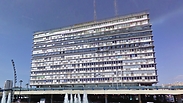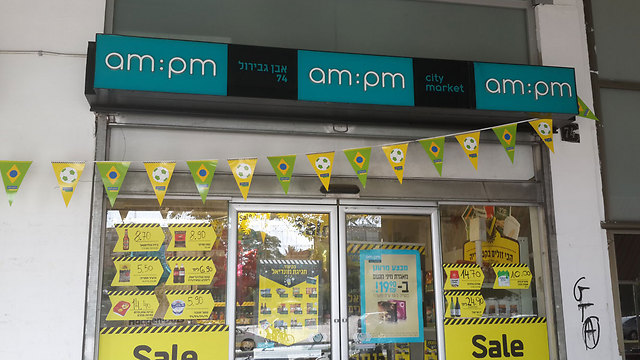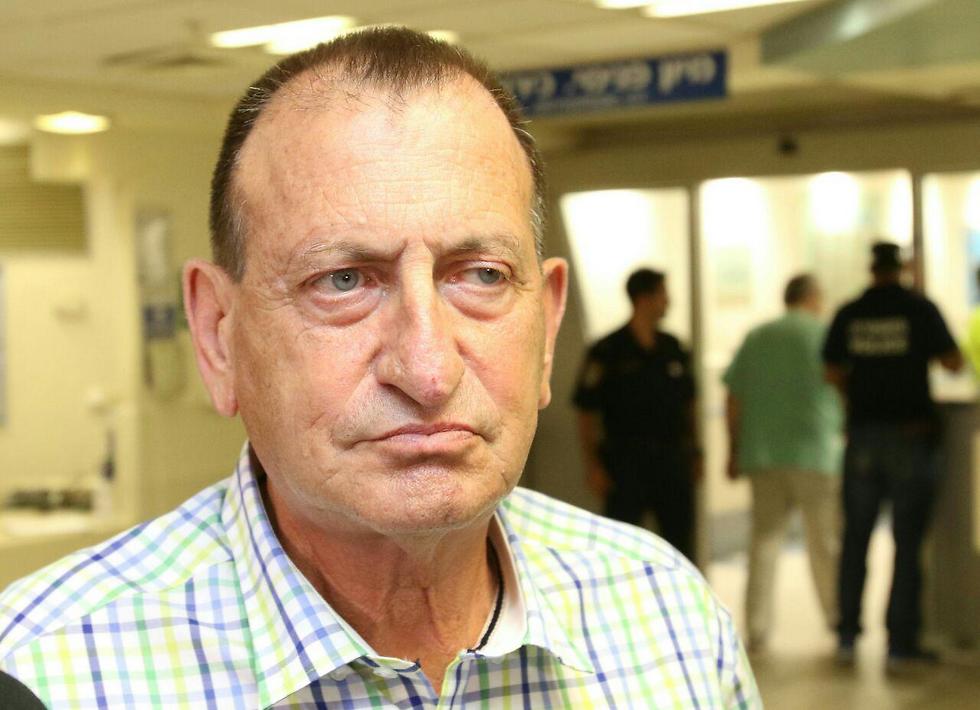
High Court: TLV municipality can allow business openings on Shabbat
Judges reject petition that sought to prohibit the municipality from approving the operation of 164 supermarkets and recreation areas on Shabbat, and ruled that there was no cause for intervention.
The decision dealt with two main areas: one part dealt with opening businesses on Shabbat in three different complexes—Tel Aviv harbor, Jaffa harbor and Hatachana complex, while the second part dealt with the opening of supermarkets in some parts of the city, but not in all of them.
The decision was made after a previous High Court ruling determined that the Tel Aviv municipality should regulate the operation of supermarkets on Shabbat. The municipality passed two decisions: the first approved the operation of entertainment complexes, and the second, the operation of some of the supermarkets.
A High Court petition was filed against this policy, but the court ruled on Wednesday that there was no reason for it to intervene in the matter.
"Different people hold different positions regarding the legal translation that must be given to the recognition of the nature of the Shabbat as a day of rest," wrote Judge Dafna Barak Erez in the ruling.
Tel Aviv-Jaffa Mayor Ron Huldai emphasized following the High Court ruling that "as I said four years ago, the city of Tel Aviv-Jaffa was free and will remain free."
Meital Lahavi, Huldai's deputy, said in response: "We welcome the High Court's decision not to interfere with the local authority's discretion regarding the local character of the Shabbat in the community. The plan to open supermarkets on Saturday, which we decided on in the city council, is undoubtedly balanced and takes into account the variety of populations and their needs and allows for the proportional opening of businesses in a way that allows vibrant life in the city without interruption while maintaining a quiet and calm Shabbat."
Miki Gitzin, a member of the city council and director general of the Be Free Israel organization, said: "I welcome the High Court of Justice's ruling that upheld the municipal bylaws of the Tel Aviv municipality… This is a happy day for the residents of Tel Aviv-Jaffa and for anyone who wants to maintain a free society in the State of Israel."
However, not everybody was thrilled with the decision. The Merchants' Association said that "trading on Shabbat is not a symbol of individual freedom, but rather a subjugation of it. Now, the Members of Knesset have to see the good of the public at large, to create a separation between leisure and retail trade on Shabbat and to protect the weekly day of rest for small business owners and salaried employees, not only in Tel Aviv, but throughout the country."
Interior Minister Aryeh Deri of the ultra-Orthodox Shas party slammed the decision, calling it "a serious blow to the holy Shabbat and the Jewish people. I intend to meet with the prime minister soon, together with my colleagues from Agudath Israel, ministers and other MKs whose Shabbat is important to them, and to protest the severe blow to the status quo on Shabbat. The High Court's decision is a violation of the status quo and we will act by all means possible to restore the status quo. Shabbat has no one to take care of it and I will do everything to keep Shabbat safe."
Health Minister Yaakov Litzman, of the ultra-Orthodox United Torah Judaism party, also determined that the decision constituted a blow "to the Jewish Shabbat and the Jewish character of the State of Israel. This is a continuation of a gross legal intervention in the values of religion and Halacha, which leaves no choice but to advance a legal process to circumvent the High Court of Justice, in order to prevent further erosion of Israel's tradition and religion."
MK Tamar Zandberg (Meretz), formerly a member of the Tel Aviv-Jaffa city council, said: "This is a victory for sanity. This is a balanced and moderate plan that should be accepted, and an important statement about the authority and right of a city to make its own bylaws. The High Court of Justice extracted the Shabbat from the religious coercion of the government to the local communities."
(Translated and edited by N. Elias)












